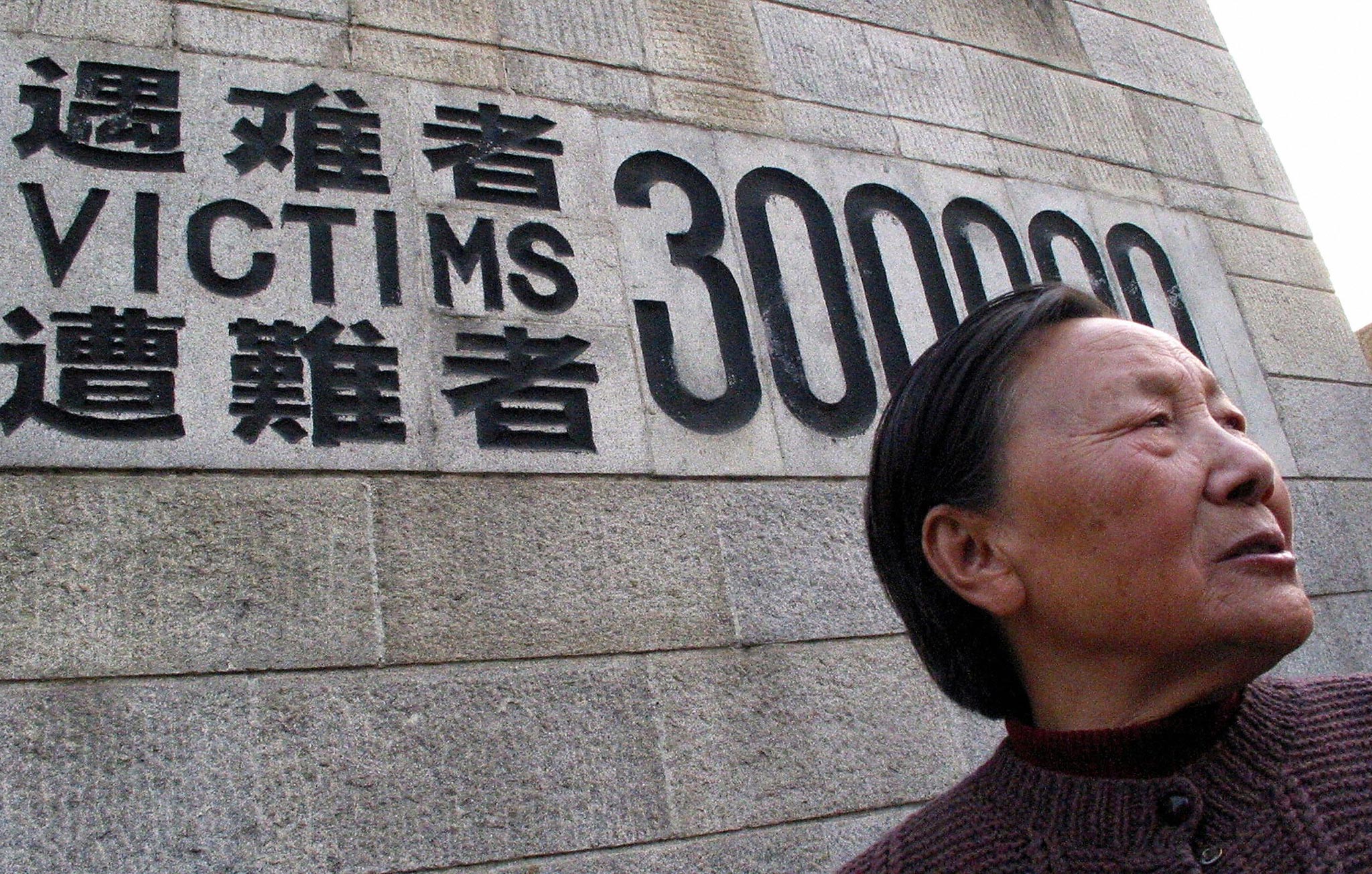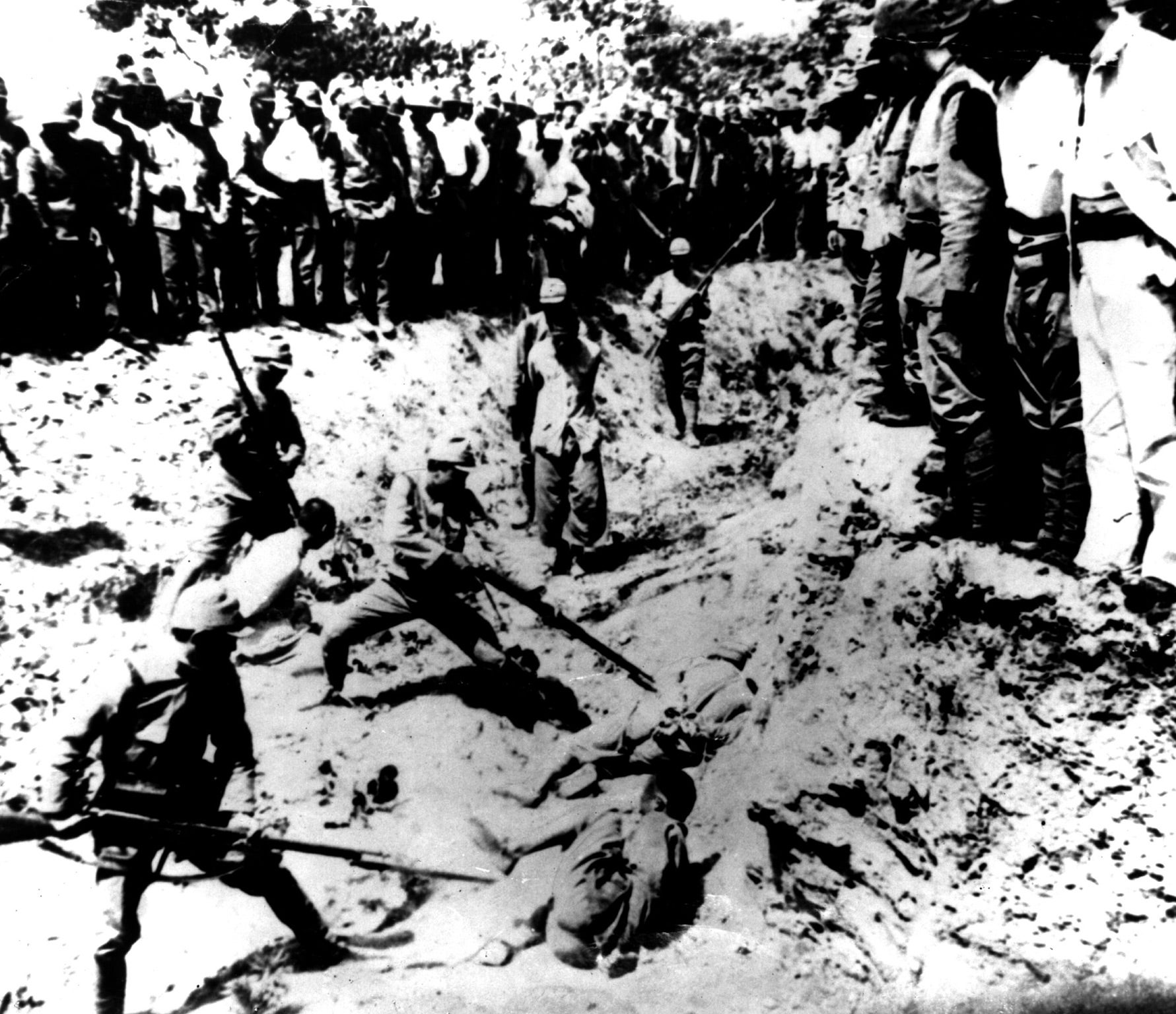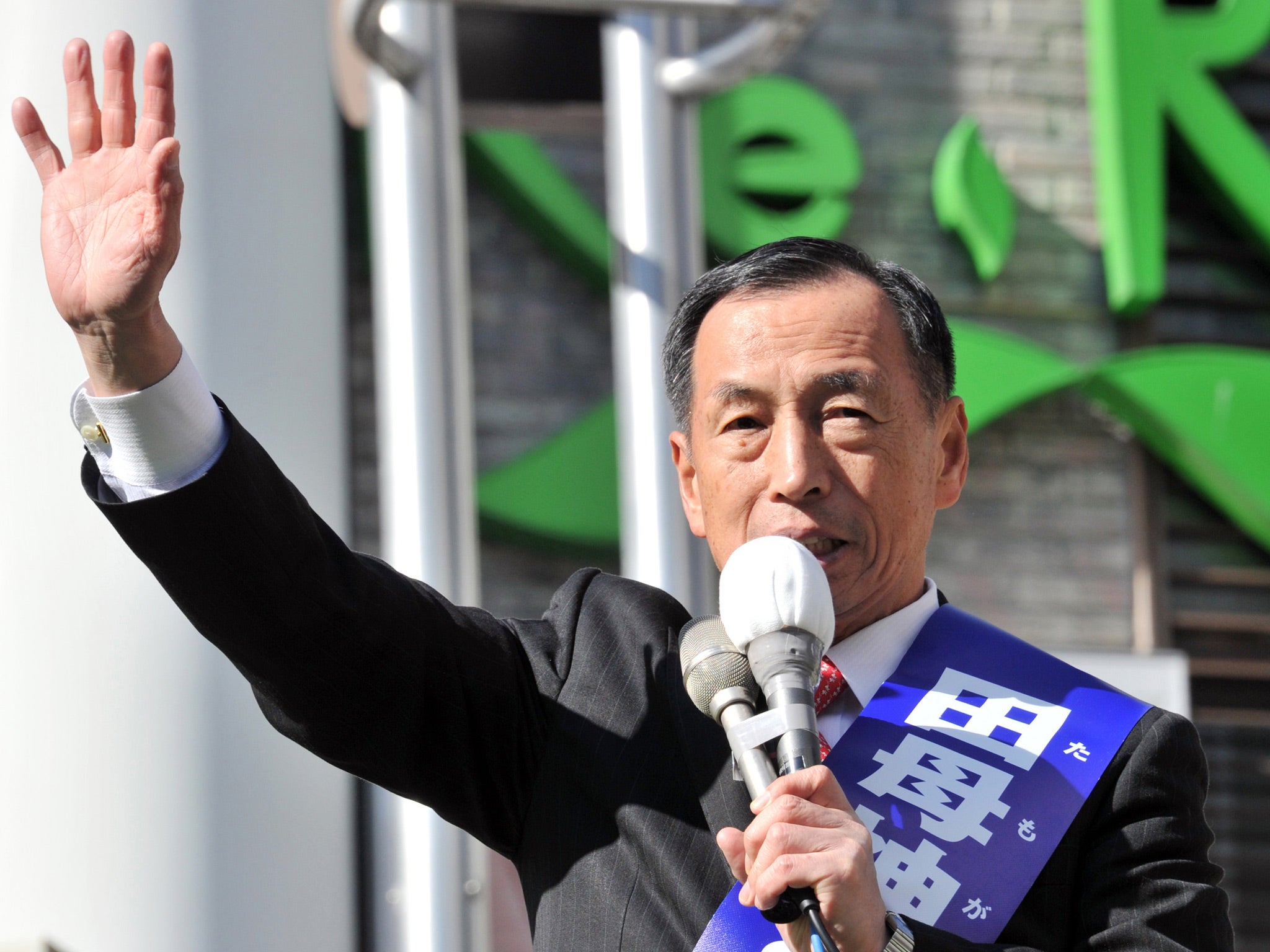How Japan’s ‘BBC’ is rewriting its role in the Second World War

Your support helps us to tell the story
From reproductive rights to climate change to Big Tech, The Independent is on the ground when the story is developing. Whether it's investigating the financials of Elon Musk's pro-Trump PAC or producing our latest documentary, 'The A Word', which shines a light on the American women fighting for reproductive rights, we know how important it is to parse out the facts from the messaging.
At such a critical moment in US history, we need reporters on the ground. Your donation allows us to keep sending journalists to speak to both sides of the story.
The Independent is trusted by Americans across the entire political spectrum. And unlike many other quality news outlets, we choose not to lock Americans out of our reporting and analysis with paywalls. We believe quality journalism should be available to everyone, paid for by those who can afford it.
Your support makes all the difference.Naoki Hyakuta says Japan was lured into the Second World War by America while liberating Asia from white colonialism.
He denies war crimes such as the 1937 Nanjing massacre, when Japanese troops killed thousands of Chinese civilians. Such views are common among revisionists in Japan. Mr Hyakuta, however, sits on the board of the nation’s public service broadcaster.
NHK has annual revenue of more than $6bn (£3.7bn), putting it close to the BBC. Like the British broadcaster, it is obliged to be impartial and aloof from the political fray, so the company is under intense fire for the extraordinary views of four its governors, all reportedly handpicked by the right-wing Prime Minister, Shinzo Abe. The 12-member board controls programming policy and budgets.
The furore began two weeks ago in a press conference by NHK’s new chairman, Katsuto Momii, who stunned journalists by saying it was “only natural” that NHK should follow the government line on Japan’s territorial disputes with its neighbours. “When the government says ‘left’ we can’t say ‘right’,” he said. He then defended Japan’s wartime system of sex slaves, saying such a system was “commonplace” in war.
Next up it was the turn of board member Michiko Hasegawa. In an essay written a month before her appointment, she eulogised an ultra-nationalist who committed ritual suicide a decade ago in protest outside Japan’s liberal-left Asahi newspaper. “There could be no better offering,” said Ms Hasegawa.

Mr Hyakuta is a vocal supporter of Toshio Tamogami, the candidate for Tokyo governor who was sacked as air-force general in 2007 for denying the accepted narrative of the war. In a speech last week campaigning for Mr Tamogami, he called the Nanking Massacre a “fabrication”.
The appointments have crystallised lingering fears about Mr Abe’s agenda. He wants to radically overhaul three of Japan’s basic modern charters: the 1946 pacifist constitution, the education law and the security treaty with the United States.
Critics say such a far-reaching project would have profound consequences for Japan, but the NHK controversy seems to show that Mr Abe intends to shut debate down. “Momii is perfectly willing to, in effect, turn NHK into a propaganda mouthpiece of the current administration,” thundered an unusually fierce editorial in The Japan Times.

The battle lines around Mr Abe’s agenda are set to harden. His ruling Liberal Democratic Party is preparing to challenge the constitutional ban on collective self-defence, a pillar of Japan’s post-war pacifist stance. Opinion polls suggest that more than half of the public oppose Mr Abe’s pet project. Having the state broadcaster on your side no doubt helps.
Subscribe to Independent Premium to bookmark this article
Want to bookmark your favourite articles and stories to read or reference later? Start your Independent Premium subscription today.
Join our commenting forum
Join thought-provoking conversations, follow other Independent readers and see their replies
Comments